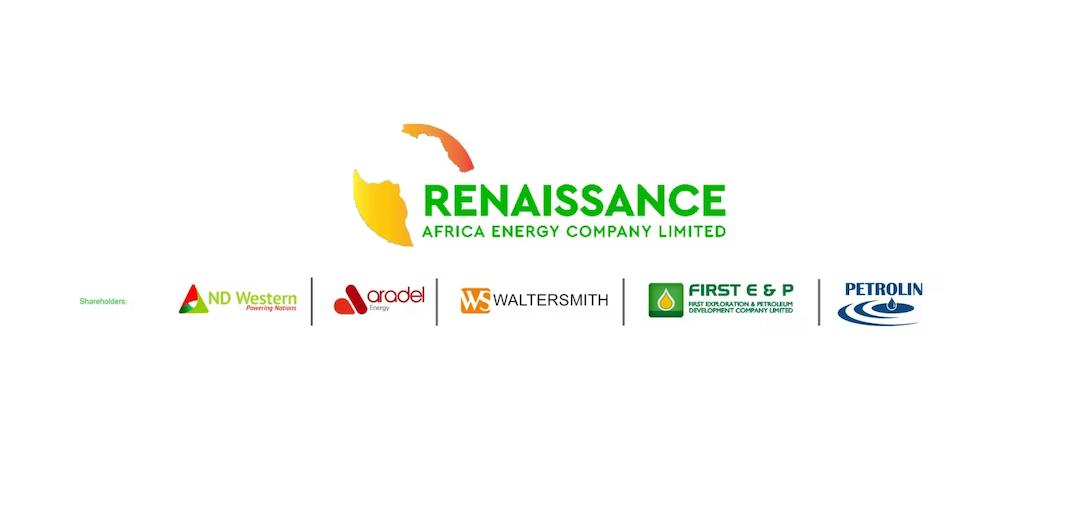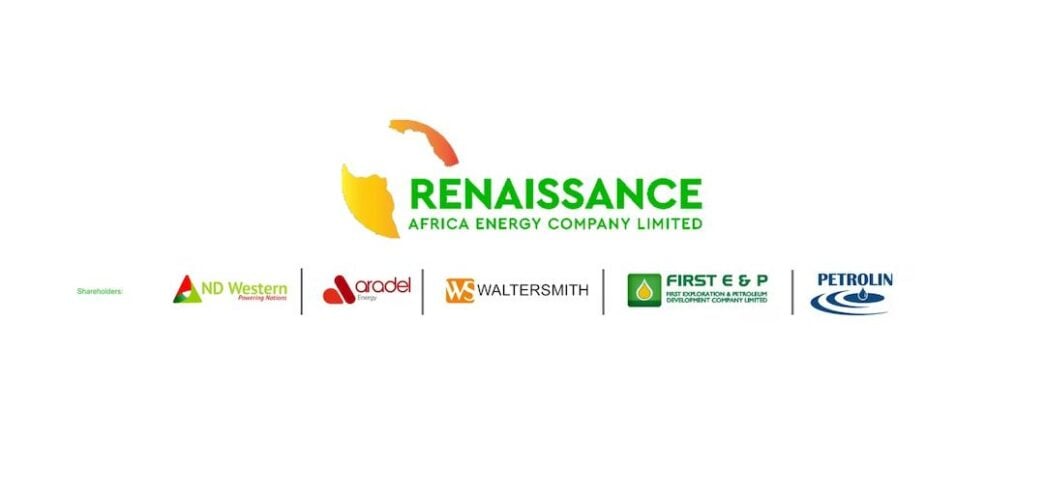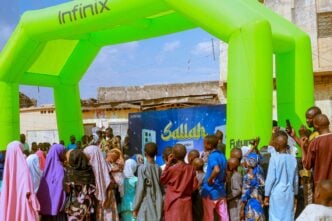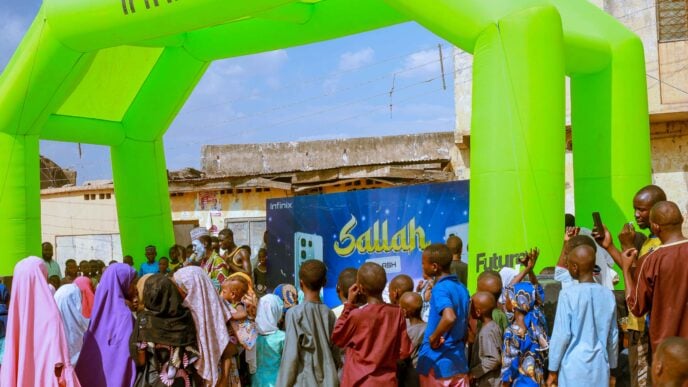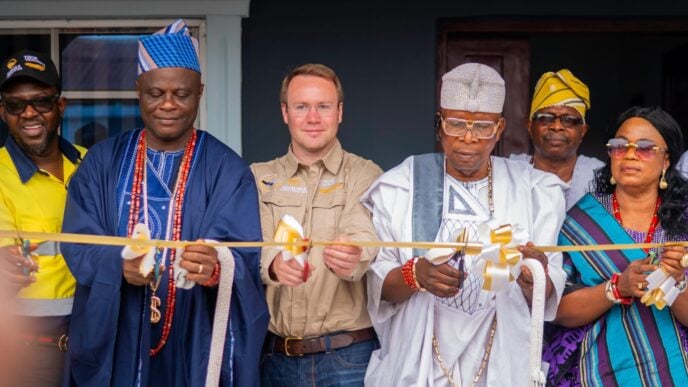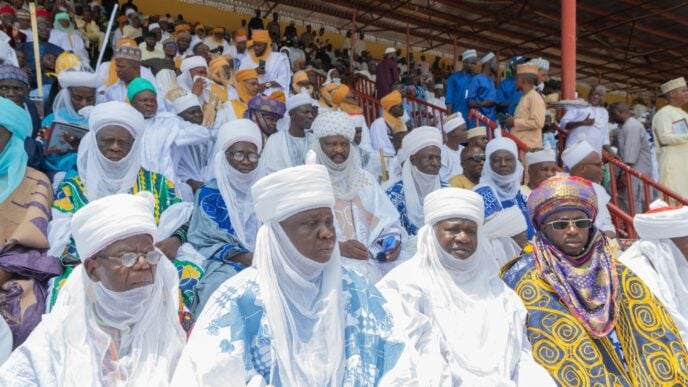When we consider the implications of Renaissance Africa Energy Company’s activities within Nigeria, it’s essential to move beyond the immediate details of the acquisition and examine the broader impact on the nation’s development.
In essence, the company’s investments and operational strategies are deeply intertwined with Nigeria’s core aspirations for energy security and robust economic growth— a connection that runs far deeper than simple resource extraction. To fully understand this connection, we must delve into the intricate relationship between a stable energy supply and the multifaceted nature of economic development.
Nigeria, as a nation, requires a reliable and consistent energy supply to fuel its industries, power its homes, and drive its overall progress. This need is a fundamental prerequisite for any nation seeking to advance its economic and social well-being. The activities of Renaissance, through its acquisition of Shell’s onshore oil and gas assets in Nigeria in early 2024, directly contribute to this national need.
According to Statista, Nigeria’s oil production amounted to some 1.5 million barrels per day in 2023, an increase when compared to the previous year. Between 1998 and 2022, figures decreased by approximately 480 thousand barrels per day. The onshore assets acquired by Renaissance are, therefore, vital to maintaining and potentially increasing Nigeria’s energy output.
By ensuring the continued and, ideally, enhanced production of oil and gas, they are playing a vital role in stabilising the country’s energy resources. This stability is a critical foundation upon which economic development can be built, providing a consistent and predictable platform for businesses to operate and expand. Without this foundational stability, industries will falter, investments will be deterred, and the overall economic trajectory of Nigeria will be jeopardised.
Furthermore, it is important to recognise that the energy sector is a significant employer in Nigeria, a fact that extends beyond the immediate realm of oil rigs and pipelines. The Nigerian Content Development and Monitoring Board (NCDMB) in 2023 reports that oil and gas contribute over 65,000 direct and more than 250,000 indirect jobs nationwide. With an unemployment rate of 4.3% in Q2 2024 (National Bureau of Statistics), the impact of Renaissance’s operations on job creation is both timely and substantial.
From the skilled engineers and technicians working in the fields, often requiring specialised training and expertise, to the support staff and related industries that service the energy sector, the company’s presence translates into tangible economic opportunities for countless Nigerians. This injection of employment contributes to the overall health of the economy, fostering stability and growth within communities by providing livelihoods and stimulating local commerce. Furthermore, a skilled workforce developed within the energy sector can translate to wider industrial development.
Beyond direct employment, the company’s investments stimulate a ripple effect throughout the economy, a multiplier effect that extends far beyond the immediate confines of the oil fields. The procurement of goods and services, ranging from heavy machinery and specialised equipment to everyday supplies, the development of infrastructure, such as roads and pipelines, and the payment of taxes, which contribute to government revenue, all contribute to the flow of capital and the generation of economic activity.
Strategically, Renaissance is also contributing to the goals of the Nigerian Oil and Gas Industry Content Development Act, which targets 70% local content by 2027, up from under 30% a decade ago. Through capacity building, training programs, and partnerships with Nigerian firms, Renaissance is fostering local expertise and deepening participation in the sector.
In this way, Renaissance’s business objectives are not isolated from Nigeria’s national development priorities; rather, they are inherently linked, forming a symbiotic relationship where the company’s success contributes to the nation’s overall prosperity.
It’s also worth noting the strategic alignment of Renaissance’s actions with the government’s focus on increasing local participation in the energy sector, a policy aimed at fostering indigenous ownership and control of vital resources. By empowering Nigerian companies and fostering the transfer of expertise through training programs and knowledge-sharing initiatives, Renaissance is supporting the long-term goal of building a more self-reliant and sustainable energy industry.
This synergy between private enterprise and national objectives is crucial for driving meaningful and lasting progress, ensuring that the benefits of the energy sector accrue to the Nigerian people. This focus on local involvement also promotes a sense of ownership and responsibility, fostering a more sustainable and equitable development model. A recent article published on Reuters reported that the Central Bank of Nigeria posted a $6.83 billion balance of payments surplus in 2024, driven largely by oil and gas inflows and renewed investor confidence following major reforms. This surplus reflects not only a macroeconomic shift but also highlights the critical role of private sector players like Renaissance Africa Energy Company in shaping Nigeria’s economic trajectory, demonstrating how private sector goals can align with national priorities to deliver shared value.
In essence, the actions of Renaissance Africa Energy Company are contributing to a more secure energy future for Nigeria and are also helping to lay the groundwork for a more prosperous and economically vibrant nation. This contribution is not merely a matter of extracting resources, but rather a complex interplay of investment, employment, and strategic alignment with national development goals. The company’s activities are helping to build a stronger, more resilient, and more equitable economy for Nigeria.
